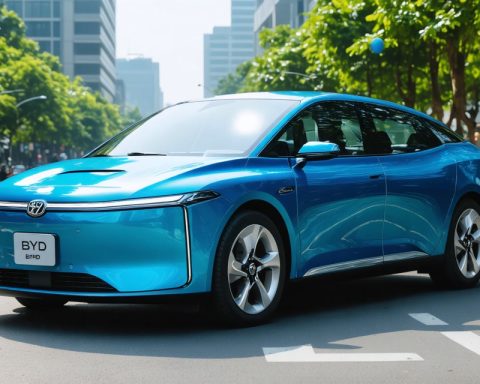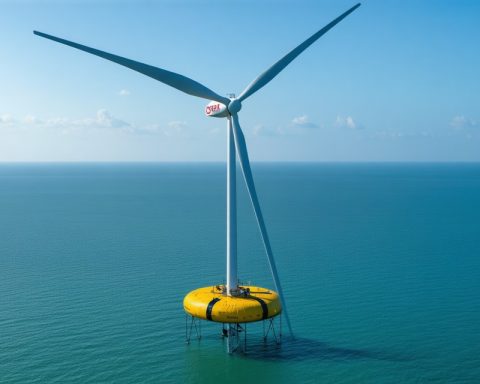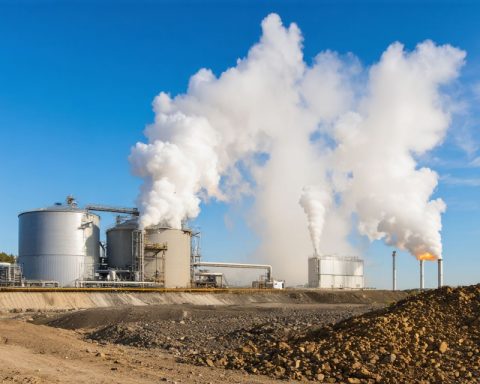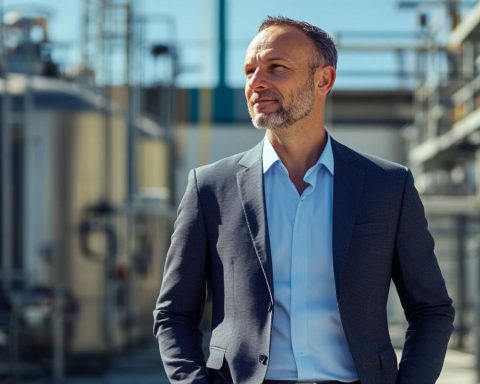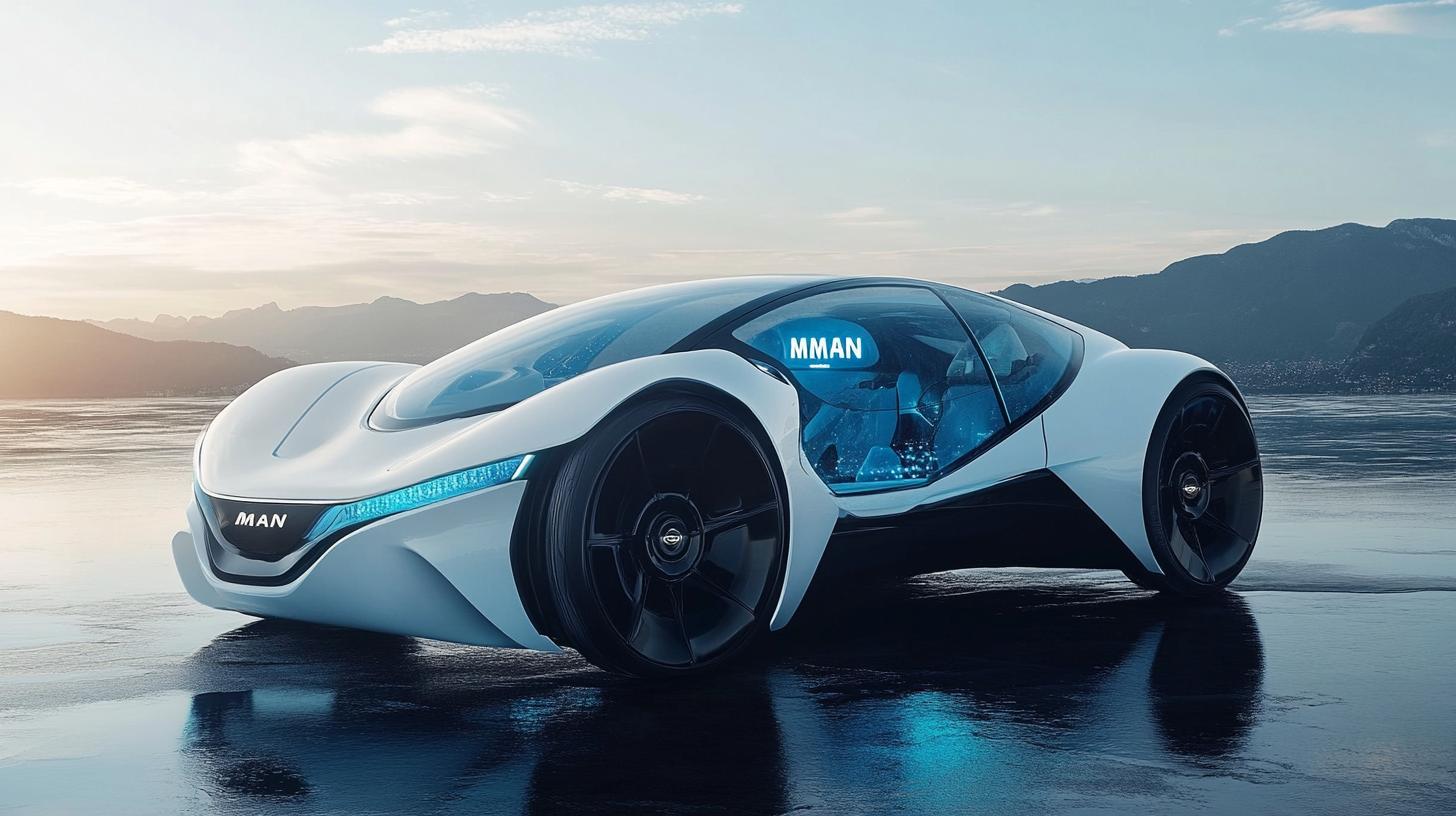In a surprising turn of events, major energy companies are hitting the pause button on ambitious hydrogen projects across Europe. Spain’s Repsol and Norway’s Statkraft have both announced significant changes to their development plans, pointing to shifting economic and regulatory landscapes.
Repsol’s Spanish Retreat
Repsol, a leading global energy company, has decided to halt the progress of three major green hydrogen initiatives in Spain, affecting over €200 million in investments. Projects in Tarragona, Bilbao, and Cartagena, with a combined output of 350 MW, are now in limbo. The decision stems from an “unfavorable regulatory environment,” with new tax policies being a significant hurdle. As the Spanish government pushes for a 12 GW target for hydrogen production by 2030, Repsol argues that current policies disincentivize private investment, stalling the industrial energy transition.
Faced with dropping crude prices and shrinking refining margins, Repsol maintains that its focus is now solely on its lone active project in Sines, Portugal.
Statkraft’s Norwegian Adjustments
Meanwhile, Statkraft is recalibrating its strategy in Norway. The company has reduced the scale of its hydrogen project in Mo from 40 MW to 20 MW and pushed back the start date from 2025 to 2027. Rising costs and a sluggish pace of economic change have prompted this cautious approach. Statkraft now plans a phased development, allowing them to adapt to future expansions more flexibly.
Both companies’ moves signal a broader reassessment within the energy sector, as firms navigate the complexities of a transitioning market and contend with evolving governmental mandates.
Is the Hydrogen Boom Fizzling Out? Unpacking Europe’s Energy Dilemma
The recent pullback on hydrogen projects by major energy firms in Europe raises pressing questions about the future of clean energy in the region. While Repsol and Statkraft have been at the forefront of these developments, their shifts in strategy reveal larger challenges impacting people, communities, and whole countries. Let’s delve into the ripple effects of these changes and explore the intriguing aspects of Europe’s hydrogen conundrum.
Why the Retreat on Green Hydrogen?
Hydrogen has long been touted as a cornerstone of Europe’s clean energy transition. So, why are leading players like Repsol and Statkraft stepping back? The pause highlights several contentious issues:
– Regulatory Ambiguities: While the EU aims to achieve net-zero emissions with hydrogen production targets, companies like Repsol find the current regulations in Spain to be counterproductive. A critical sticking point includes unfavorable tax policies that discourage investment in these technologies.
– Economic Volatility: The fluctuating costs of energy, coupled with global economic uncertainties, are prompting firms to reassess their investments. As seen in Statkraft’s case, scaling back projects allows for adaptability in this unpredictable market.
– Technology and Infrastructure Gaps: The infrastructure needed to support large-scale hydrogen production is still developing. The lack of an established market and logistics networks can discourage immediate investment.
The Impact on Communities and Countries
Communities across Europe stand to be affected by these strategic withdrawals. Here’s how:
– Job Creation and Economic Growth: Promises of new jobs and economic revitalization in regions poised for hydrogen investment might now face delays or cancellations, impacting local economies dependent on these projects.
– Carbon Neutral Ambitions: With hydrogen pivotal to achieving carbon neutrality, delays in production could hinder countries’ timelines for reducing emissions, affecting international commitments and collaborations.
– Energy Security and Independence: Europe’s aspiration for energy independence from fossil fuels and imported energy is challenged by setbacks in domestic clean energy projects, potentially prolonging reliance on traditional energy sources.
Questions and Controversies
These developments also invite several critical questions and aspects of debate:
– How will governments and companies bridge the gap between policy and practice? Ensuring regulatory frameworks are conducive to investment without compromising on sustainability is essential for overcoming current impasses.
– Is the scaling back of projects a short-term setback or indicative of a larger trend? Analyzing these trends will be vital for businesses and policymakers to recalibrate their strategies effectively.
– How can innovation in technology accelerate hydrogen adoption? Emphasizing research for improving efficiency and reducing production costs is more crucial than ever.
Final Thoughts
While the slowdown in Europe’s hydrogen initiatives might seem like a setback, it paves the way for more strategic, informed decision-making in the future. The need of the hour is cohesive collaboration between policymakers, industry leaders, and innovators to ensure that the hydrogen economy not only survives but thrives.
For those interested in further exploring energy transitions and sustainable energy practices, resources are available on International Energy Agency and International Renewable Energy Agency. These organizations provide extensive research and guidance on energy strategies and innovations.






